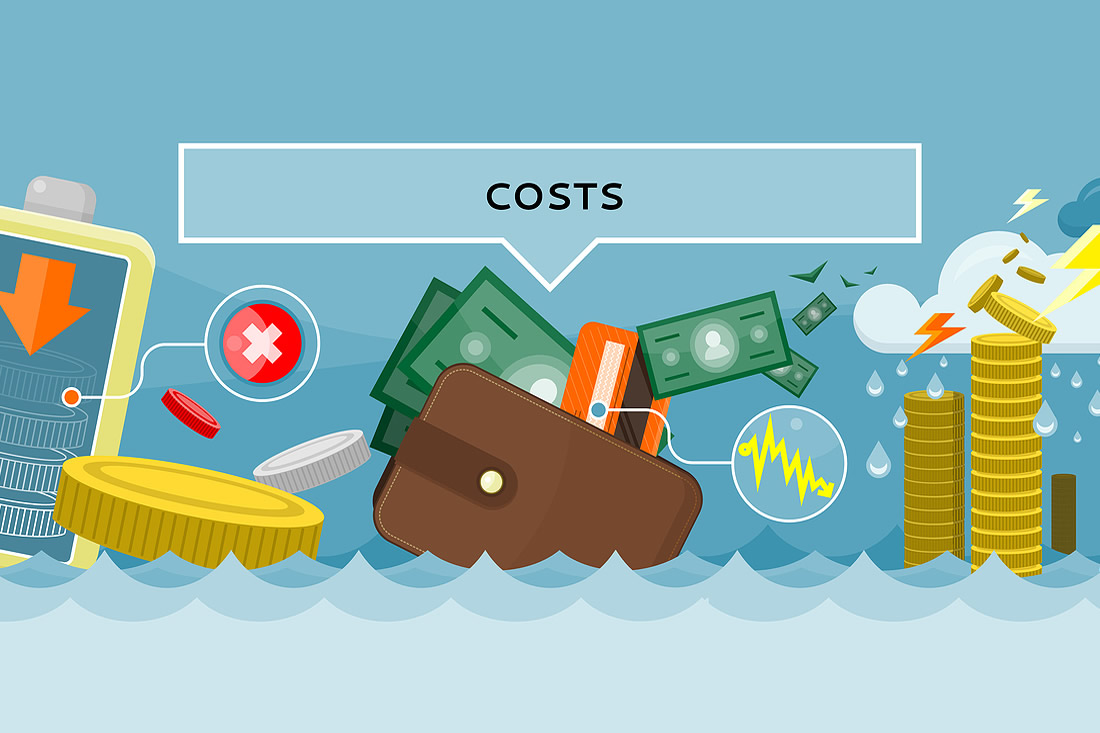How To Use Your Campaign to Become a More Powerful Fundraiser

If you’re considering a capital campaign, it’s inevitable that you’re going to need to discuss money with your donors at one point or another.
Unfortunately, we’ve been conditioned and socialized to believe speaking about money is awkward — even downright rude. In fact, many people believe talking about money is up there with subjects like death and religion… avoid them at all costs.
So how can fundraisers and donors get past the awkwardness of speaking about money during a capital campaign?
How and When to Discuss Money with Donors
You have two important opportunities to speak with your donors about money during the campaign: the feasibility study and the quiet phase.
First, Talk About Money During a Feasibility Study
The first time you’ll need to talk about money with your donors is in preparation for a campaign, during the feasibility study.
Most nonprofit leaders outsource this early money conversation to consultants, who are hired to speak to potential donors about the campaign and their possible financial commitment.
At Capital Campaign Pro, we’ve developed a new model where you and other key leaders at your organization have those crucial conversations directly with your donors. This method provides a number of advantages over the traditional approach.
Discover Ballpark Indicators
While you’re not actually asking for a gift during a feasibility study, you are asking would-be donors to provide a ballpark indication of what they might give. These early indicators help leaders plan a campaign, giving you a better sense of what might be raised. Without these early indicators, leaders are left to guess at an appropriate goal.
Capital Campaign Pro’s Chief Happiness Officer, Sarah Plimpton, recently reminded me that whoever is leading the feasibility discussion — whether a campaign consultant or one of the leaders of the organization — these conversations are simply awkward. Sarah says:
“Rather than resist it, relax into it. Accept the awkwardness. We’re always our own worst critics, and whatever we say feels worse than it is.”
When preparing to have a feasibility conversation, be sure to remind participants that their cooperation (providing an early indication of what they might give) will help the board and staff plan a more appropriate and accurate campaign.
When nonprofit leaders lead and participate in interviews during the feasibility study, they prepare themselves and donors for actual solicitations during the campaign.
Next, Discuss Money During the Quiet Phase
The quiet phase is the time to begin asking for the largest gifts to your campaign. You will have to discuss money with your donors if the campaign is to have any chance of success — awkward or not. The less awkward you can make the conversations, the better you will feel.
Fortunately, you can focus on the impact a donor’s gift will make, rather than just on money. But you will have to discuss money as the donor’s financial contribution is ultimately what makes the impact possible.
Lean Into the Awkwardness of Talking about Money
One way to overcome awkwardness of speaking about money is to acknowledge the discomfort. Give it a name and point to it.
I once coached an executive director to tell a donor:
“I don’t know about you, but talking about money makes me uncomfortable. But the children we serve are too important not to have this conversation. That’s why I’m here to discuss the campaign, the impact it will have, and the difference you will make if you choose to make a leadership level gift.”
She reported to me she had acknowledged the discomfort she was feeling and diffused some of the awkwardness.
Practice Makes Perfect… Except in Fundraising
Even experienced fundraisers still experience some awkwardness and discomfort when asking for gifts. In fundraising, practice doesn’t make perfect, but it does dispel some of the discomfort.
Through the duration of your capital campaign, you’ll have ample opportunities to practice. You will have good coaching and a chance to speak with donor after donor about money. Gradually, you will get more comfortable and better at it.
If you follow our feasibility study model, allowing you to talk directly to your donors, and then continue those conversations through the quiet phase of your campaign, you’ll hone your skills and learn how to handle your discomfort constructively.
Once you become skilled at talking with your donors about money, you’ll become a more powerful fundraiser. You may even come to enjoy the process. 🙂



Thanks Amy – excellent advice and perspective!
Love the idea of acknowledging from the get-go that of course talking about money is awkward…but NOT talking about it simply isn’t an option if the orgnaization is going to fulfill its mission.